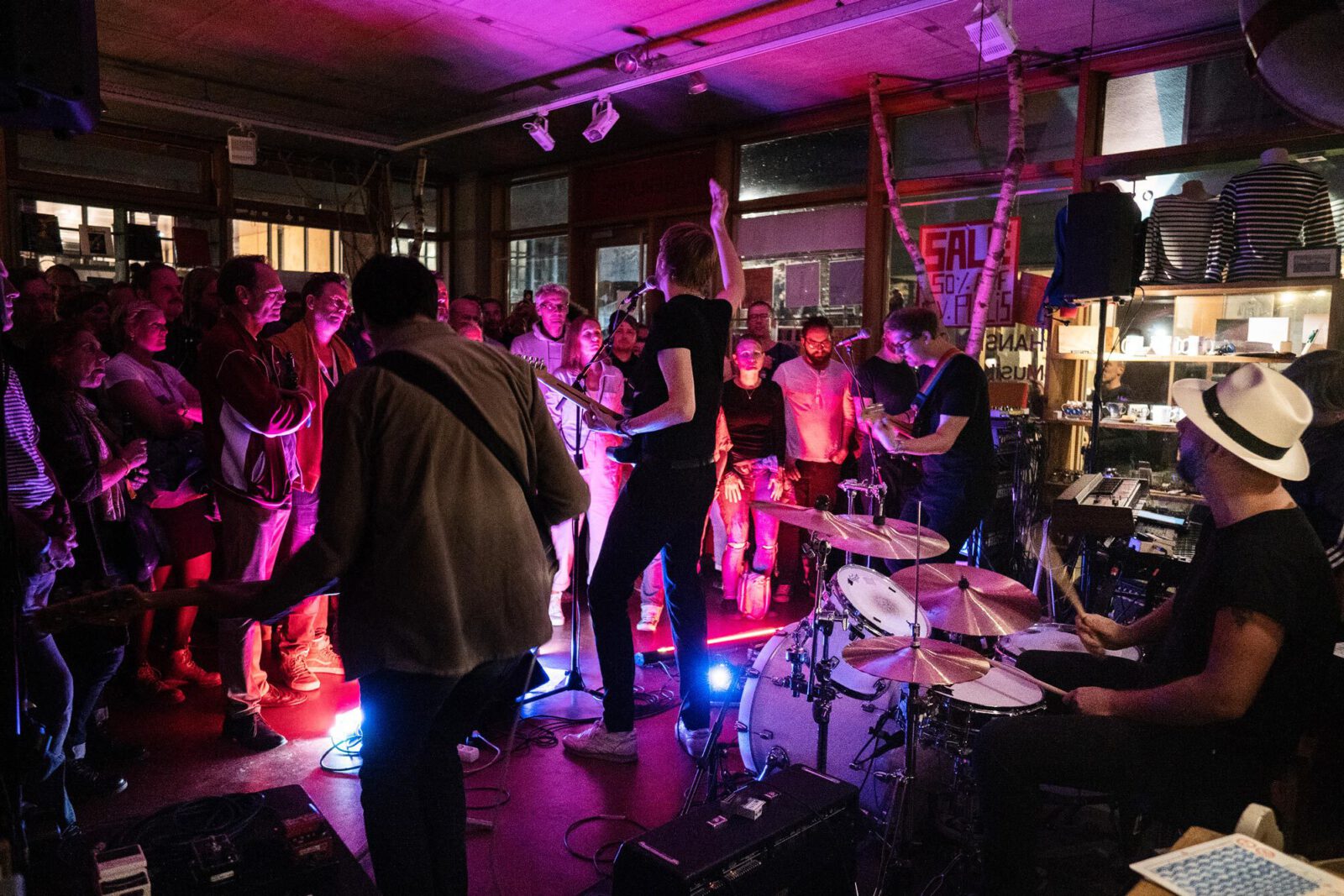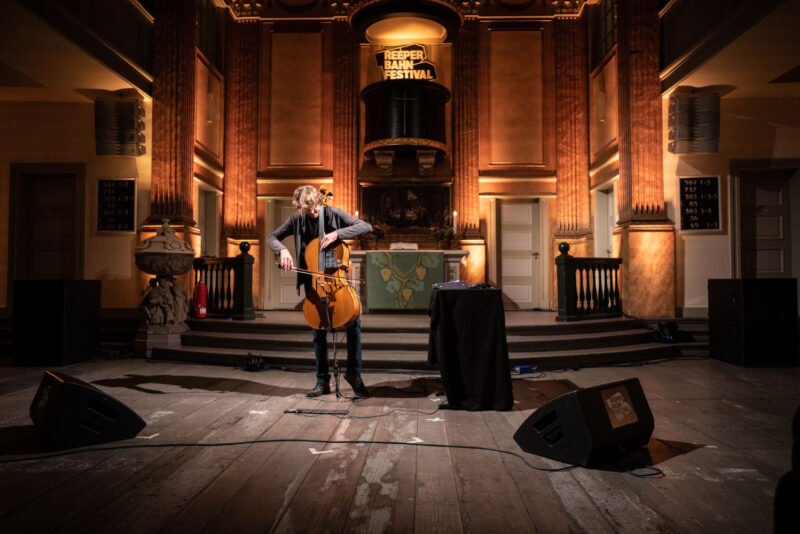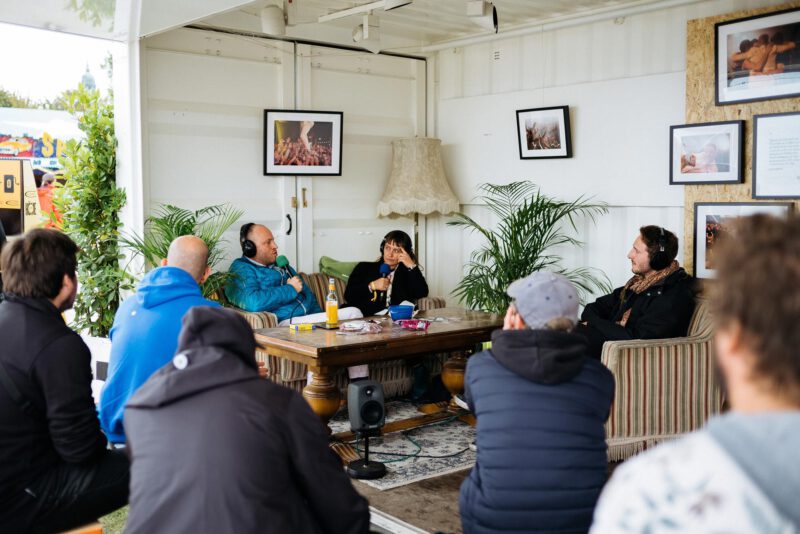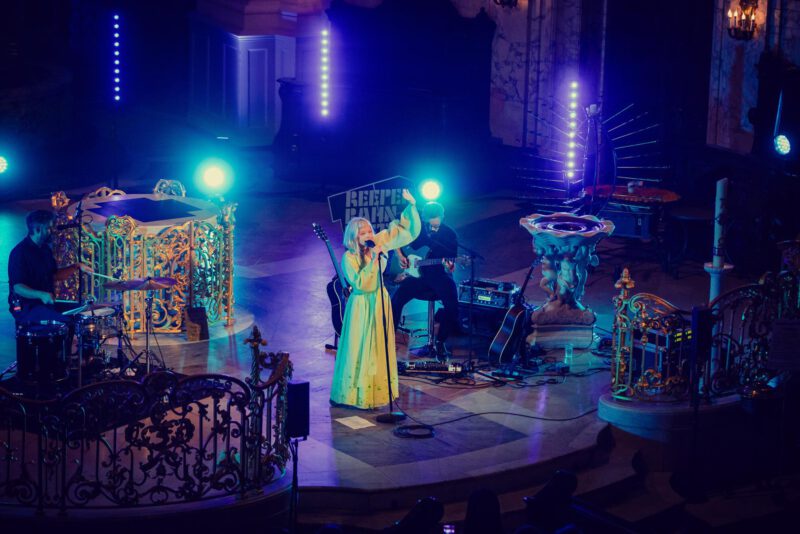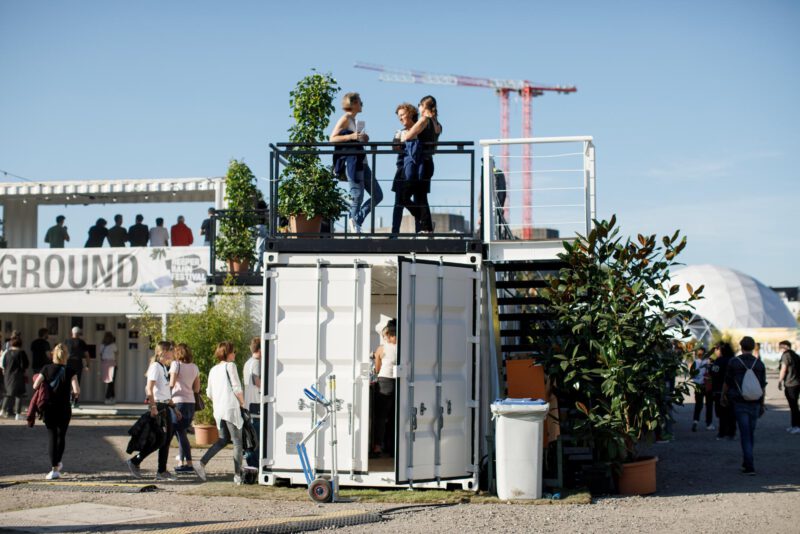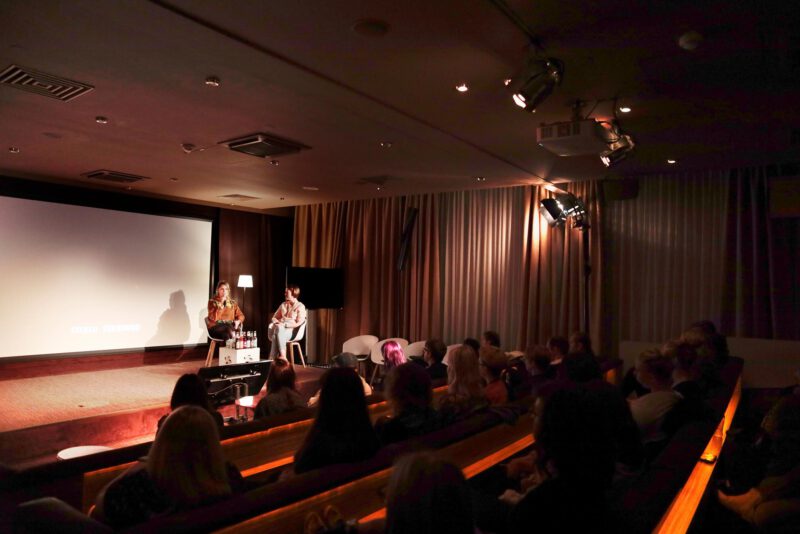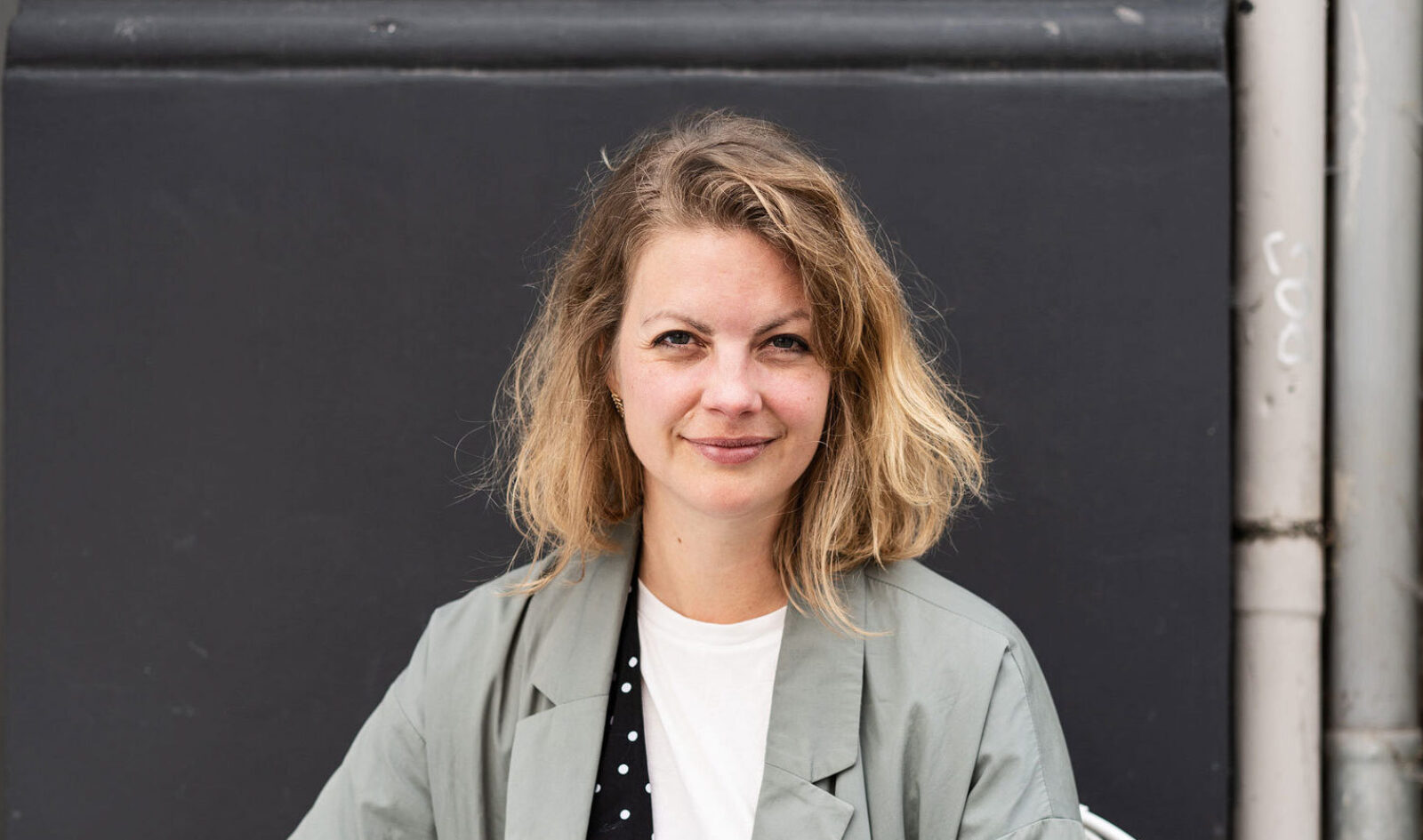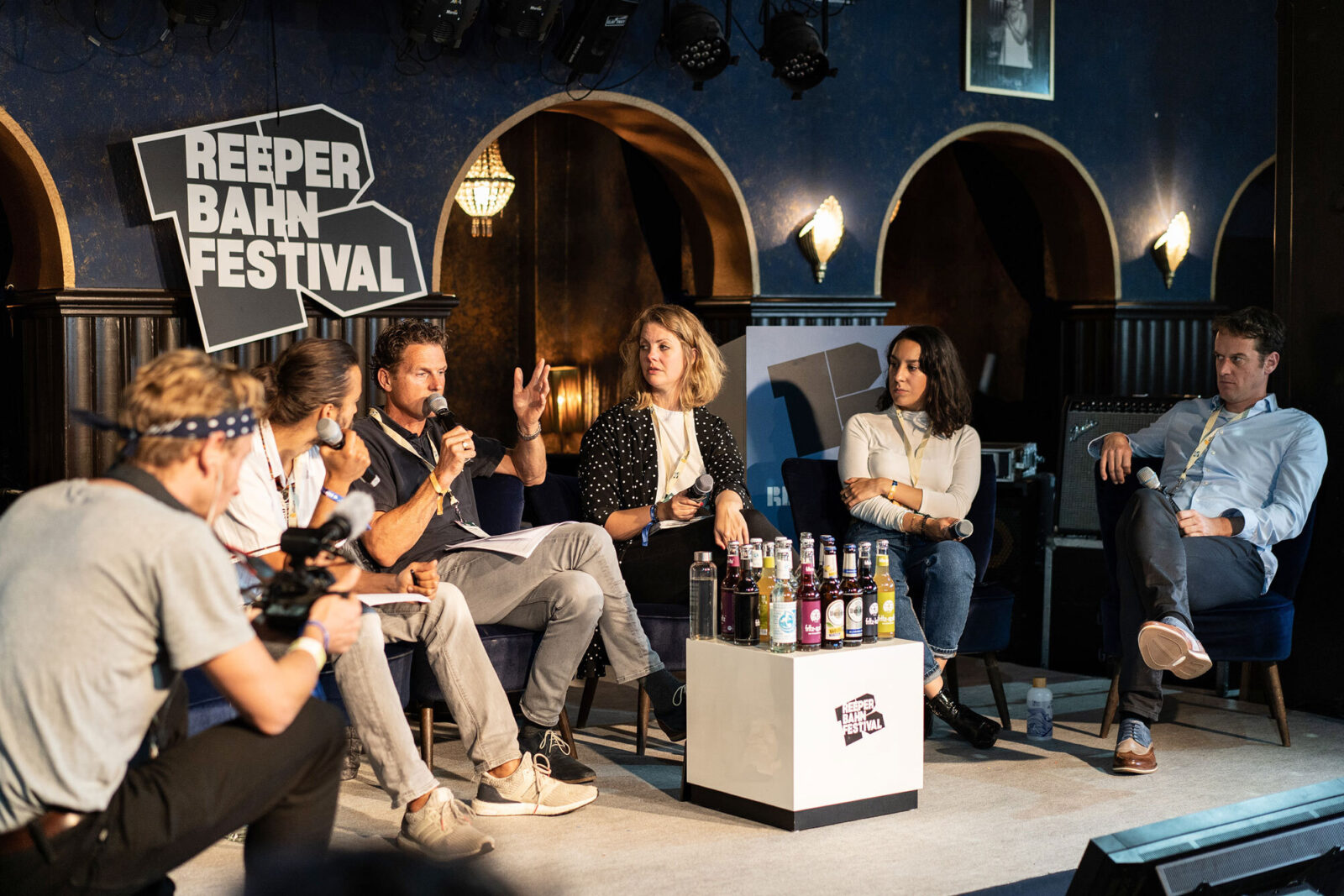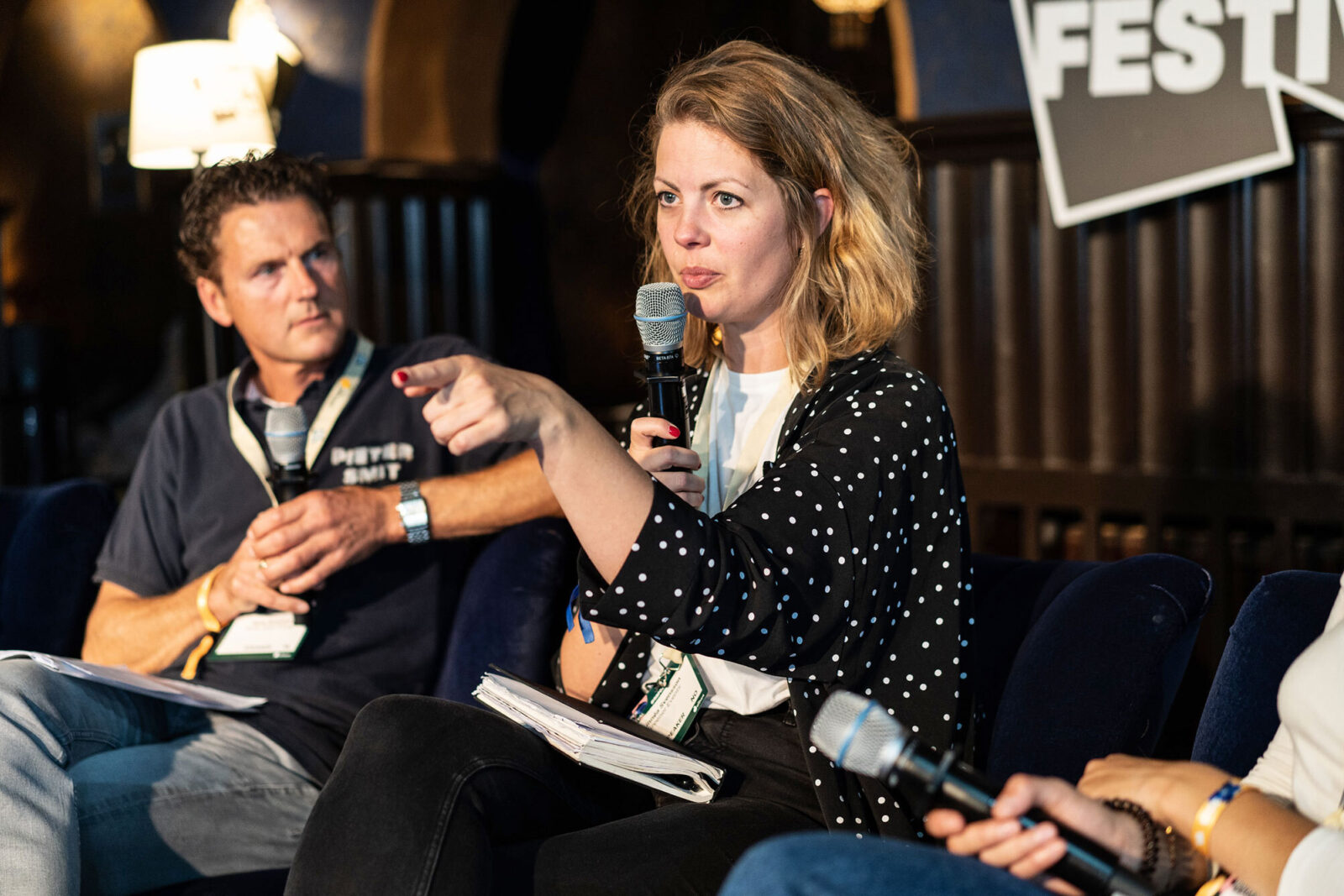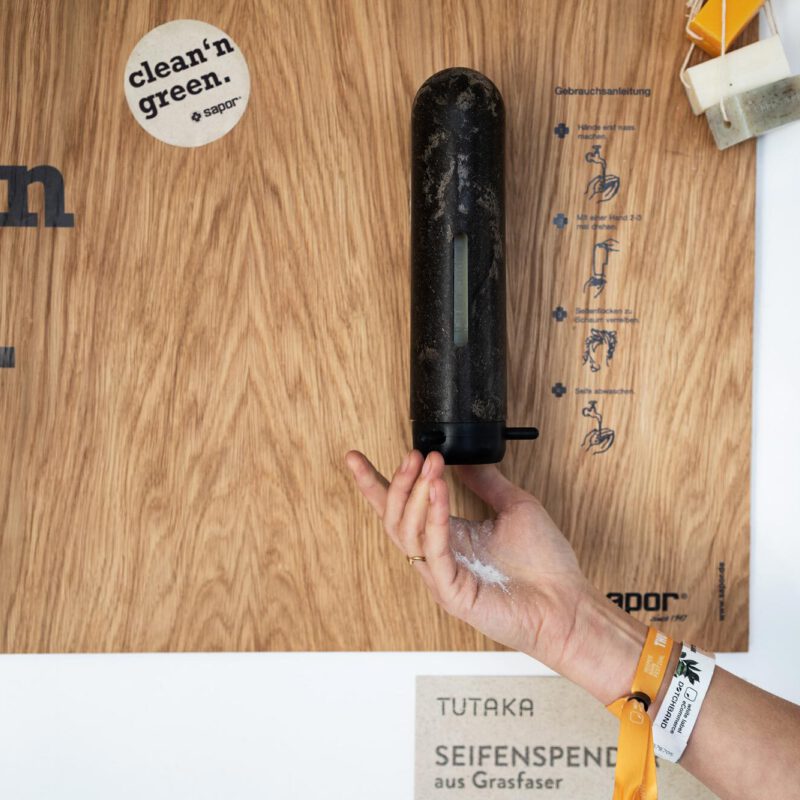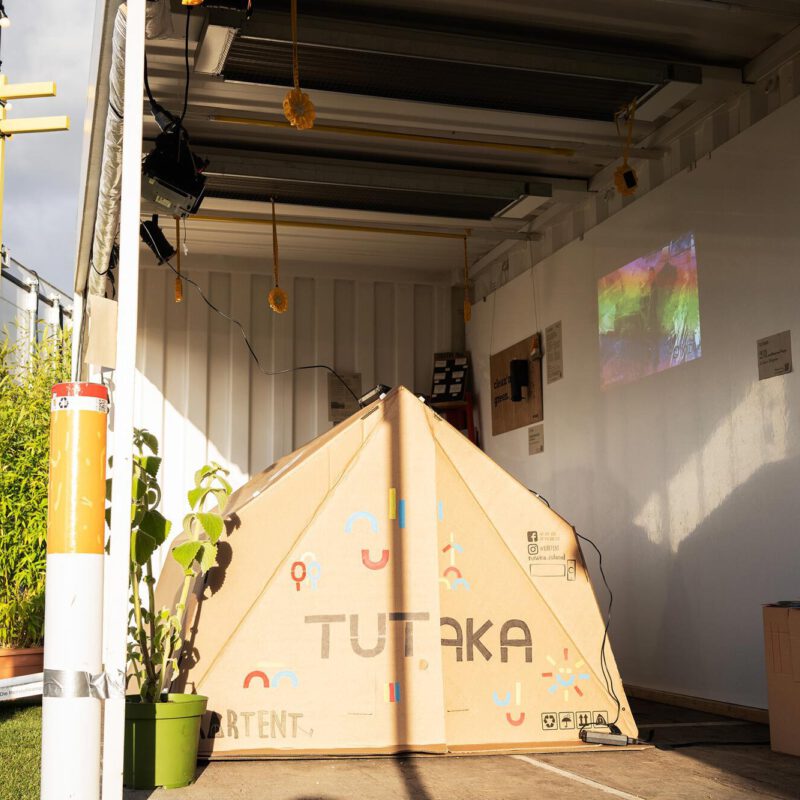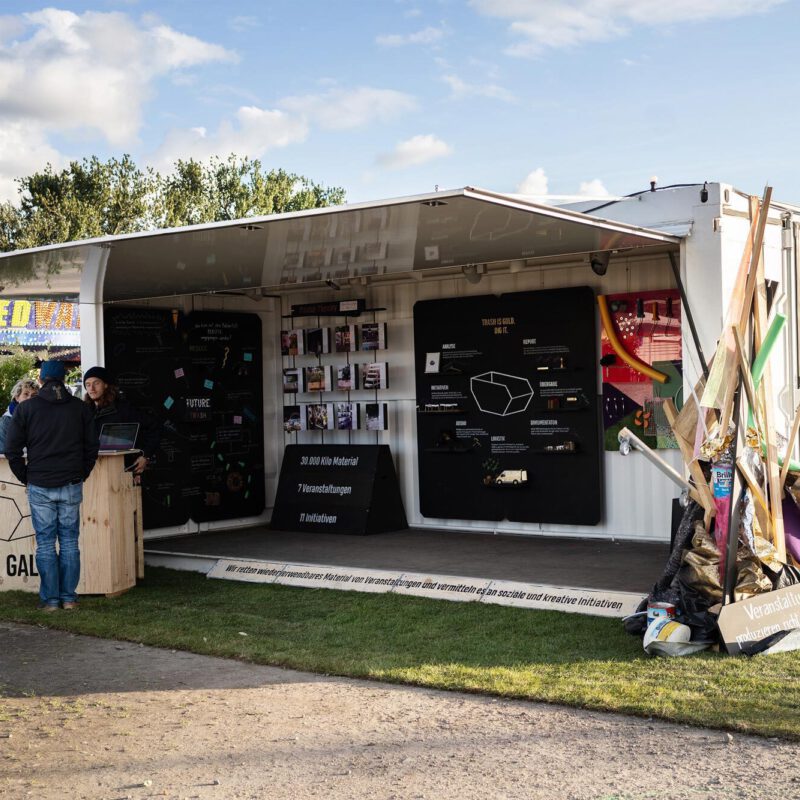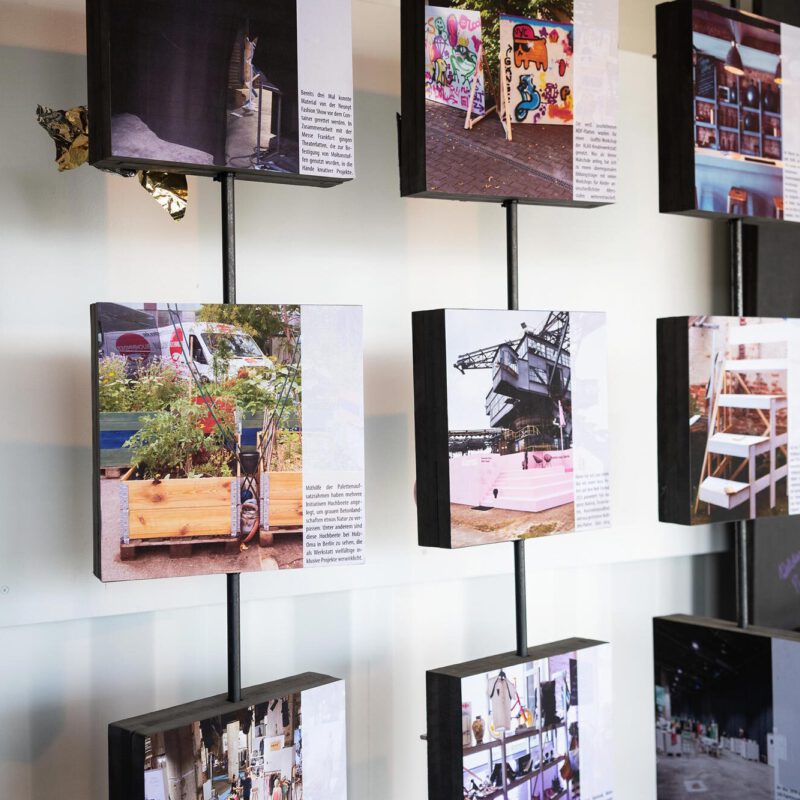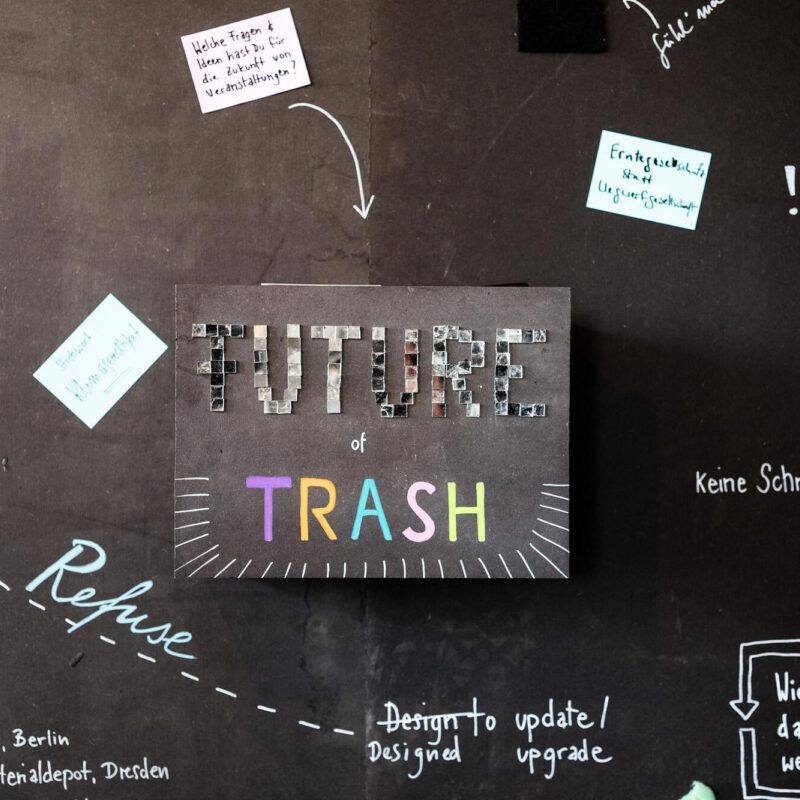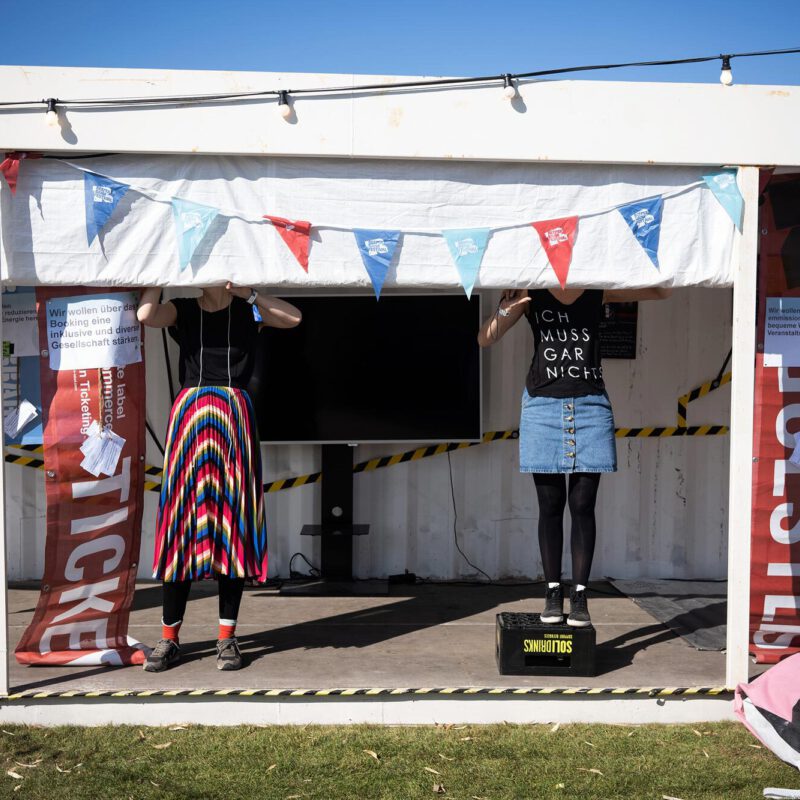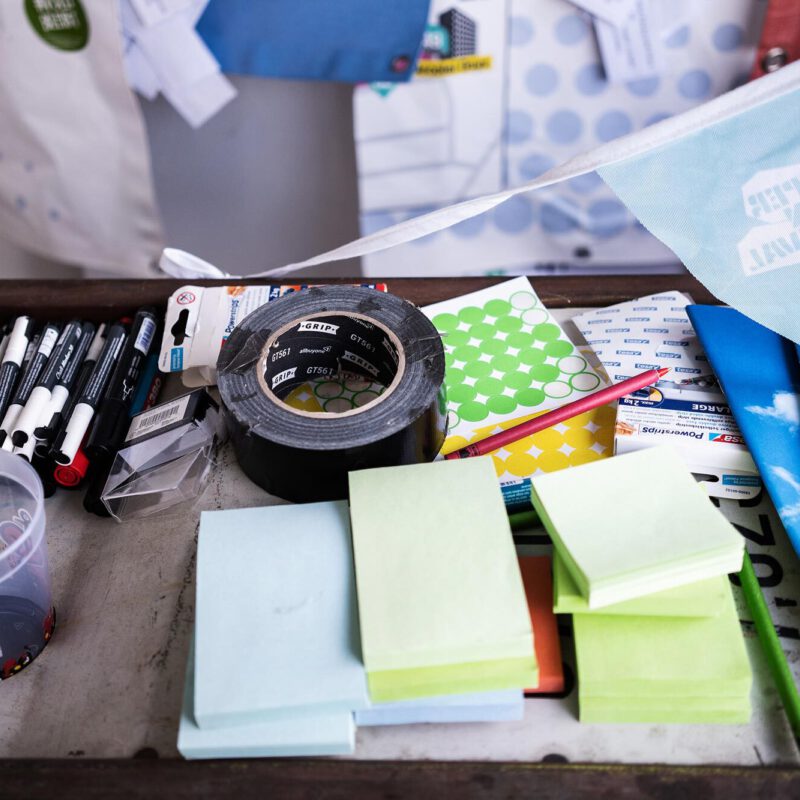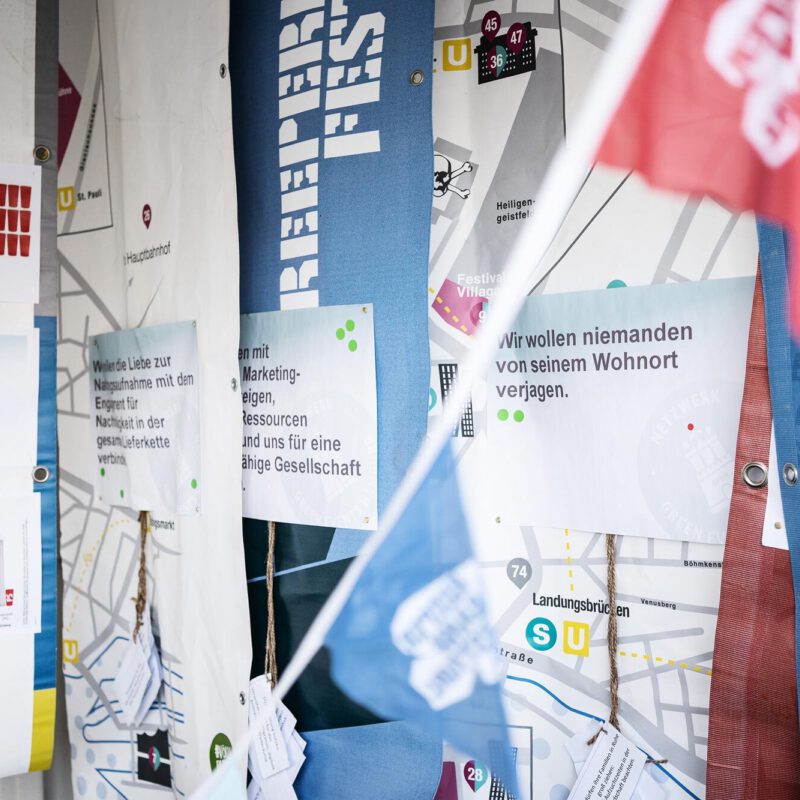Working with his company “Sound Diplomacy”, Shain Shapiro convinces cities that music is as vital as agriculture or health care. Amadeus Templeton, creator of the TONALi project, uses classical music to help school pupils help themselves. Both men are certain that music holds answers to the questions of our time. We met them at the Reeperbahn Festival.
Music is like water. It’s everywhere, it’s readily available – and if you believe Shain Shapiro, it’s vital to our survival. The founder of consultancy firm Sound Diplomacy likes to compare a place’s music culture to its power supply, schools or agriculture. Fundamental infrastructure for a society that protects jobs and solidarity, wellbeing and political stability.So far, his company has developed concepts to provide a stronger music culture to more than 60 cities and communities all over the world. At the Reeperbahn Festival, together with representatives of the United Nations and the music industry, he explored ways in which music can realise the goals of the UN’s sustainability strategy. “Music strategy” is his general term for what he does.
Sounds complicated – and it is: “Music isn’t just about the musicians who make it. It is linked to many jobs: lighting and audio engineering, labels, promotion and booking agencies, the hotel industry and catering, as well as the bus drivers who bring people to a concert,” says Shapiro. Add rehearsal rooms and concert halls, meeting places for musicians, audiences and people who look after this ecosystem.
A concert hall against the Mafia
This infrastructure is rarely visible, a little akin to the water pipes in the wall. However, says Shapiro, it has to be protected – like clean drinking water – so that a place’s music culture can develop. Because the philosophy PhD from Canada is concerned with more than jobs. Embedded in a city’s music culture is another resource desperately needed by today’s societies: meaning. Shapiro quotes statistics that show crime rates in urban districts starting to drop from the exact date when a concert hall opened. There are also prominent examples, such as that of Leoluca Orlando, mayor of Palermo, who went up against Mafia criminality in his city by building cultural centres.
The importance of this “social infrastructure” is also described by Harvard professor Erik Klinenberg in his book “Palaces for the People”. The sociologist argues that a society doesn’t maintain cohesion through shared values alone, but also through shared spaces. According to Shapiro’s thinking, rehearsal rooms or concert halls could be the places where social bonding takes place.
But what characteristics specifically predestine music for this role? And does music truly have the potential to solve the problems of our time – such as rising nationalism and social inequality?
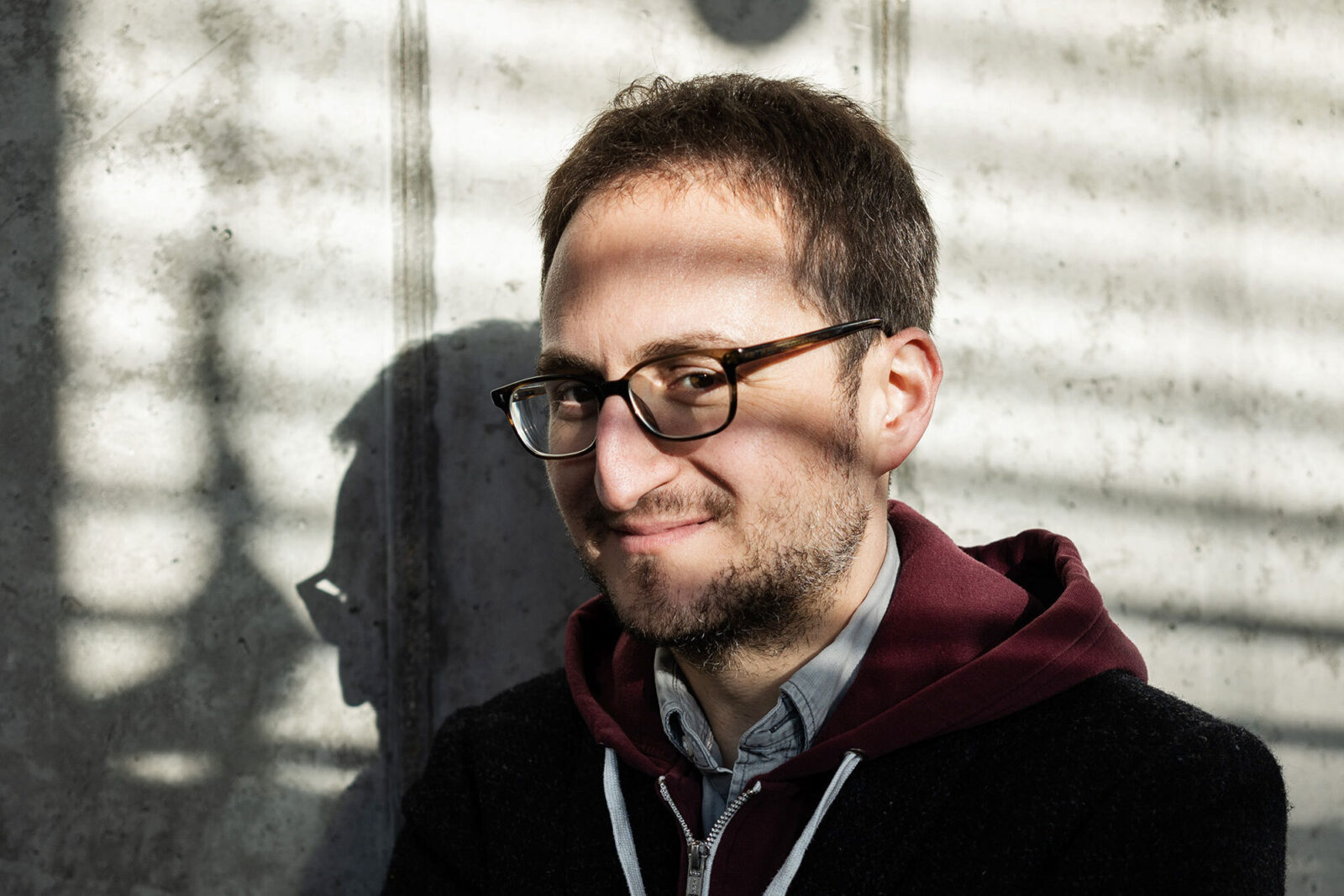
For Amadeus Templeton, the answer is unequivocal: “Yes! After all, music is the only universal language that every person in this world understands”. The Hamburg cellist is the founder of TONALi, a non-profit sponsorship programme which introduces around 40,000 school pupils to classical music every year, with the help of young musicians. Not only throughout Germany, but in China, Russia and Greece as well.
Find your inner instrument
TONALi goes to places that are too hard for political and social welfare institutions to deal with: “educationally deprived social classes”, development institutions and alleged “problem schools” in cities like Berlin and Frankfurt and in the rural districts of Mecklenburg. “We particularly like to be at places where society has already given up, because despite all the clichés we find them extremely receptive,” says Templeton. After this educational programme, children who previously didn’t even know what a violin was become confident event organisers running concerts or entire festivals.
Adapting from Joseph Beuys’ motto of the “social sculpture”, Templeton refers to the “social symphony” as the supporting foundation for our society’s development. “In an orchestra, 100 people play together, and every individual has to know their instrument and draw music from it to make that work. You can also think of our society as an orchestra: if everyone finds and plays their inner instrument, they can help to shape society. We want to help adolescents to awaken this kind of capacity for initiative”. In this sense – Beuys again – to him, every human being is a musician.
While TONALi’s work tackles the grass roots, Shapiro’s organisation Sound Diplomacy operates more at the level of government and public administration. “We try to create an understanding of the value of music. To do that, we collect as much data as possible so that we can define and explain the value of music across economic development, tourism and society as a whole”.
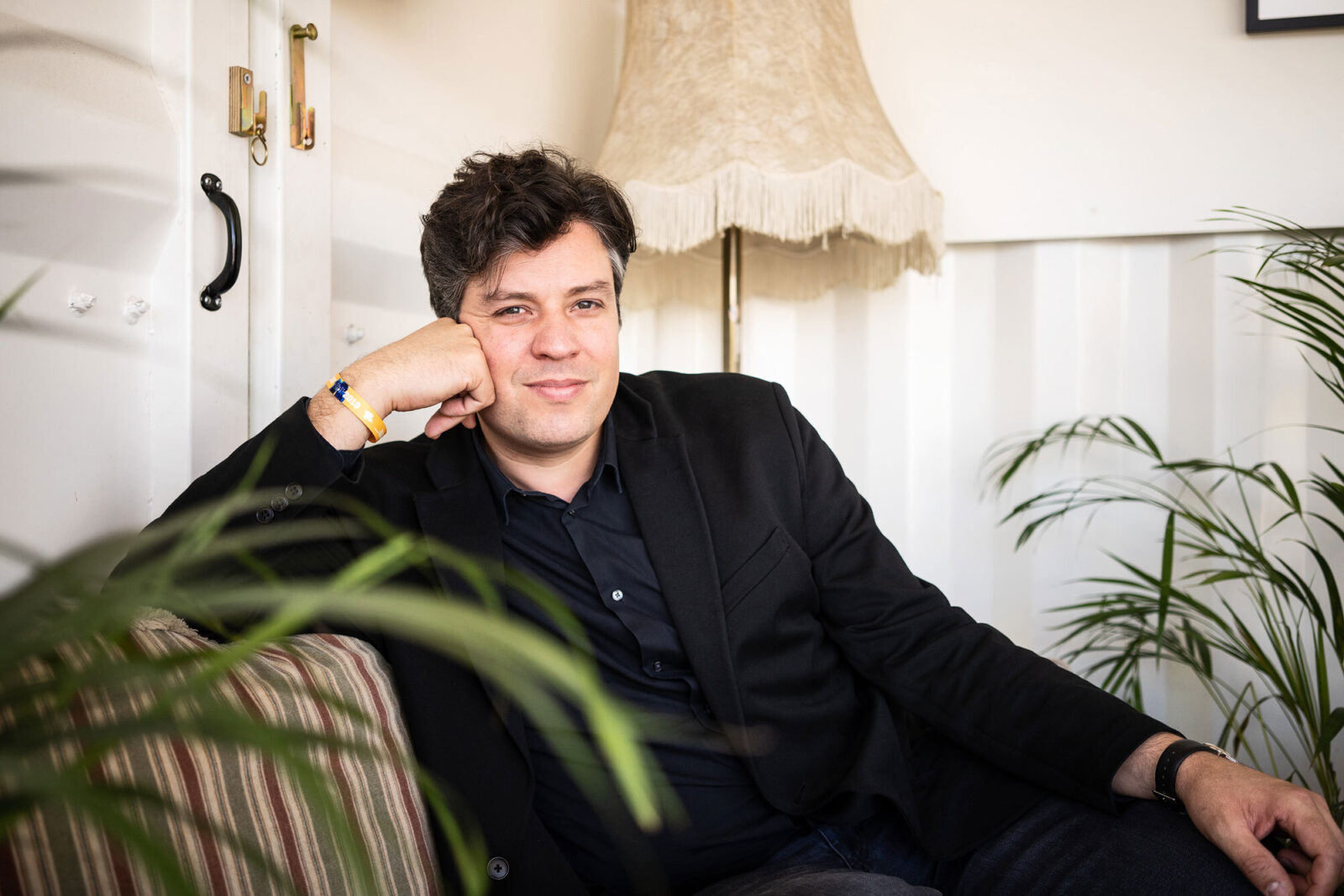
“Music makes a city worth living in”
Take Huntsville in Alabama, for example. A city with a population close to 200,000, it’s better known for its NASA development centre than a flourishing music scene. And the last time Alabama showed up in the media, it was because of its strict laws prohibiting abortion. Yet these are exactly the kind of places that Shapiro wants to make into “Music Cities” – and in his opinion, every city is a Music City, “it just doesn’t know it yet”.
“Music makes a city worth living in. To invest in music is never to invest in music alone. But in people. Music is society”. In Huntsville, this means that an amphitheatre and two concert halls are being built, a new conference created, a position for a municipal music officer established. Shapiro would love to give every city this kind of success story. To go even further: he dreams of a global music strategy.
For that, however, a change of perspective is needed – not only in politics, but also in the music industry. You not only need to work out how much a gig or stream is worth, you also you to ask the following question: what is the value of music to society? If you believe pioneering thinkers like Shapiro and Templeton, music always pays – though not always in terms of profit or loss. It pays as a fundamental element of social community.
